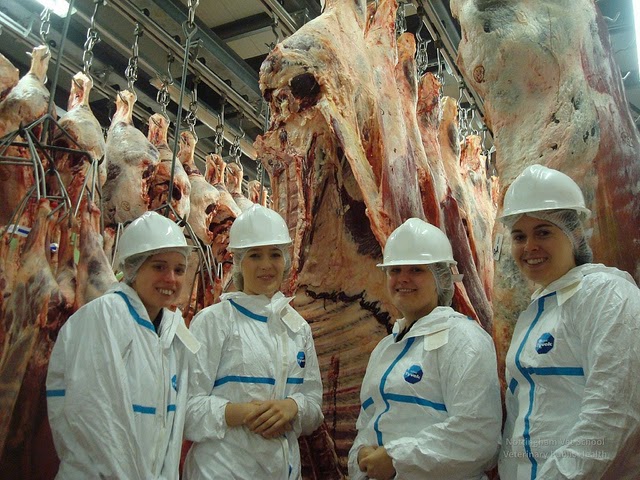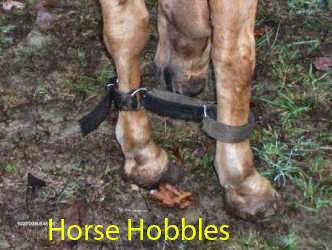 |
| (photo: BiggerPictureImages.com) |
Is there a difference between "professional" and "amateur" publishers?
Technically, no. There seems to be a quality point, however. Even if that quality point is arbitrarily inflated.
Some people are just getting started in publishing, and others have been going for awhile. Some are using various "short-cuts" (such as Public Domain [PD] and Private License Rights [PLR] books) to get started, while others represent an assortment of live authors with original works that they've had to arduously bring up the line, no doubt having inherited that company from a time when all books were paper.
What brings this up is trying to get into OverDrive. I spent several hours over the course of months working to get into their scene, only to be summarily rejected after my hopes had been gotten up.
- I first had to do an application. It took weeks to hear back.
- Then I had to submit an Excel file of all my books, along with 5 samples of my ebooks for quality review. That took several more weeks on their end.
- Then my un-named respondent said all I had to do was to again submit an application to that same webpage as I did first and then I'd be set to go.
- I also had to submit a W-9 for payment, agree with their terms, etc. It looked like I was finally approved.
- Then I was summarily rejected, saying that I'd be better off using one of their aggregators. Said it was due to the type of books I was publishing. (Again, the respondent was anonymous.)
Essentially, it seems someone's nose got out of shape. Arbitrary. They want quality over quantity. This isn't the case with the ebook sellers who have opened up to indie authors-as-publishers. They know that the market will choose the best. Always.
So someone at OverDrive is doing the same old scene of pre-winnowing the harvest in order to only have the "best" make it through. Sounds like the old traditional (money-losing) publishers.
Just don't expect anyone to take you "seriously" if you keep working to find the holes in the fence as an Indie author-publisher. Particularly the established players who are dealing with a different scale.
Oh - how does OverDrive make it's income? Giving only 50% commissions on the sale. Their terminology is that you're giving them your "wholesale" price. With their "down-nose" approach to indie publishers, they are just a bit better than Kobo, and worse payout than all but Amazon (for PD.) Even GooglePlay gives you 52%, the rest at 70%. But forcing you to use an aggregator means cutting another slice out of your profit. (This is the Smashwords/Lulu scene - or BookBaby, Author Services, etc.) Their point is that if you sell a lot higher priced goods, then everyone makes more money. (The main distributors shut off at $9.99 usually, and cut your commissions down to 35% when you go higher than that.)
Interestingly, the recent Hachette/Amazon feud showed that most of the bigger publishers are keeping their prices at around $15 or better - which is just cheaper than paperbacks. The public - and indie authors - know that there is no real cost to this type of publishing, so can and do keep costs down and work on volume and loyal readers.
The whole point to this is that it's possible to have an independent finance scene by simply finding books, converting them to multiple formats, and marketing them effectively. Something OverDrive is profiting from, but not very well (IMHO.)
My shorthanded review of OverDrive?
- Not worth the time and effort.
- Exaggerated quality hurdles to jump.
(And you have to know that I put off even applying to OverDrive initially until I had enough books to appear to be a bona-fide capital-"P" Publisher.)
The Old School of publishing says that Agents and Publishers know best - so only 3% of the authors ever get published. The New School says everyone can throw their hat into the ring - and the market will decide the real winners.
(That said, if Lulu ever gets onboard with them, I'll ship my original books over there, for sure. Just not worth my [or your] time chasing after them.)
- - - -
Am I offended or insulted? Not in the slightest. While I've been at this publishing for going on two years now, and have well over a dozen-dozen books published, it's not actually my main game. It is profitable, so it's worth the time I spend at it.
The people who run these massive publishing companies have huge overhead to support. Us indie authors and indie publishers can undercut them in price and appear to be everywhere at once with our marketing. We can move all over the place to make our income and have far more profit than they do.
We can more quickly find and supply a demand than they can, and then move onto the next area once they finally point their big machines to that area. They are mining huge areas for relatively little profit. Indie publishers can mine small areas for huge profit - as our overhead is nearly non-existent. In terms of dollar amounts, the big traditionalists make a lot more, but the indie author-publisher has a higher percentage of their income to spend or reinvest on their next title.
Again, the general theory of Indie publishing:
- Having a deep backbench of books
- Published to multiple eyeballs/distributors - in as many formats as possible
- Caring sharing to social networks (more on this later)
- Inviting email memberships to monetize.
- - - -
Next up for me? I've got another huge batch of books to publish (which is what I was working on without really waiting on OverDrive to pull-finger.)
After that - another batch as yet another test. Once I have this next dozen-dozen books up to the 6 main distributors, then it's time to get the rest of the backend created and running - which will be exciting and probably yield yet another how-to book.
- - - -
So what do we have here, with this SOHO publishing? A simple business plan which fills the old Internet Marketing gambit of a low-overhead business running on "autopilot." It's the "funded proposal" of the MLM world. And has its roots in a Kiyosaki/Eker passive income approach to personal fortune-building.
All we are doing here is to simply build the whole scene up using scale to leverage a wider set of niches than just one. Again, this is using ebooks to show where the actual demand is.
But that is what indie book publishing is all about - finding the loopholes, and selling books into this frontier of epub-versions which hasn't really been utilized by many in the PLR and PD fields.
PLR has been pitched to people to sell themselves off their own website - tediously building websites for niches and then driving business to them with ads. Very few are finding their way to the main distributors. It's a Wild West scene - where the guys who get there first stake out the claims.
PD books are either over-priced (if someone like a psychology book publisher thinks they have the market cornered on a rare book) or usually given away with no marketing, cover, or meta-data points covered. The market is mostly established already by author name and title. You're just goosing this along by picking winners and putting new versions out there which out-sell existing versions of the same books.
Shipping PLR and PD to the main distributors is a simple way of filling a need by getting the basic marketing done for these books. And it's both quick and inexpensive. Their authors don't care. It does runs against the grain of the traditionalists.
It's also a nice living. How to scale is in terms of using multiple distributors as leverage. Beyond that, you need to do external marketing (SEM is my approach - inexpensive except in terms of time) and then start moving clients onto a membership-and-affiliate backend system.
Book publishing can be actually part of a massive lead-generation funnel.
Of course, you're giving extra value at every step, so it's a completely valid approach.
- - - -
But that is leading into Marketing, which is yet another chapter in this journey-story. We'll get to it shortly, just stay tuned.
(Meaning, subscribe by email or RSS feed above right so you don't miss anything...)






































